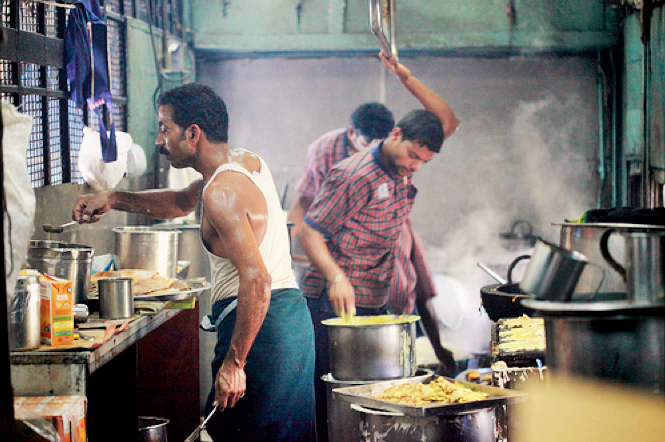Inside BENEO’s new pulse plant: pioneering sustainable protein from faba beans
The Parliamentary Committee on Department of Health and Family Affairs has pulled up the health department for underutilisation of funds by the Food Safety Standards Authority of India (FSSAI).
“FSSAI was established in 2006. The status of safety, regulation, manufacturing, processing, distribution, sale and import of food items for human consumption shows a dreary picture in the country,” it added. “The slow progress of the developmental activities and initiatives would hamper the quality of work being rendered in the context of safety and standardisation of food items across the country,” the report said.
It said that for three consecutive fiscal years (between 2014-15 and 2016-17), the funds allocated to the FSSAI were underutilised. It added that food safety, being a neglected area in the country, needed more attention.
The committee, in its report on grants to the department for this fiscal, termed the situation dreary, while stating that progress as far as food safety and standardisation was concerned was slow.
The report said, “The Committee is of the view that safety and standardisation of food is a neglected area in India, and the department needs to focus more in this field.” “Since there are numerous domains under FSSAI, the underutilisation of budgeted funds indicates negligence in this area and poor financial planning on the part of the concerned authority,” it added.
In 2014-15, against the budgetary allocation of Rs 60 crore, the expenditure was Rs 41.11 crore. In 2015-16, the allocation was Rs 72 crore and the expenditure was Rs 54.88 crore, while in the last fiscal, FSSAI was allocated Rs 72 crore and spent just Rs 52 crore until February 14, 2017.
The committee urged that appropriate measures be taken to arrest the shortfall in the utilisation of budgetary funds and strengthening of food testing systems/ laboratories in a time-bound manner. It also emphasised on the need for mobile food testing labs in the country, while acknowledging that it would take some time before a full-fledged system starts working and awareness prevails amongst the masses.
The committee recommended that the results of all the food items being tested should be made public through advertisements and news in electronic, print and social media to make the public aware of the same.
It also asked the department to set desirable and achievable targets and seek additional funds depending upon the implementation of the scheme at a later stage. The Department of Health and Family Affairs, meanwhile, has also informed that the Central Sector Scheme for the strengthening of the food testing system in the country, which includes a provision for mobile food testing labs with a cost of Rs 481.95 crore, was approved by the competent authority in September 2016.
FSSAI is the implementing agency of the scheme. A demand for Rs 114.20 crore for FSSAI, including Rs 48 crore under the grant-in-aid (capital) for the said scheme was made in revised estimates (2016-17).
However, Rs 72 crore was allocated as RE (2016-17). The amount of Rs 133.58 crore have been provided as against the projected demand of Rs 324.75 crore in BE (2017-18) and additional funds will be sought depending upon the implementation of the scheme in due course of time.
Meanwhile, it is learnt that the Comptroller and Auditor General of India (CAG) has been assigned to do a comprehensive performance audit of FSSAI. Issues such as standards’ formulation, regulations making, product approval, compliance and surveillance activities will be put under scanner.
FSSAI came into being in August 2011 after Parliament passed the Food Safety and Standards Act in 2006. It is a statutory body for laying down of science-based standards for articles of food and regulating the manufacturing, processing, distribution, sale and import of food so as to ensure safe and wholesome food for human consumption.

